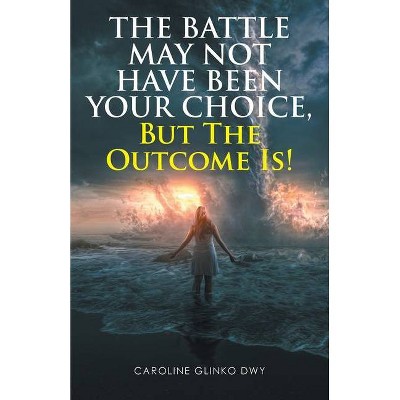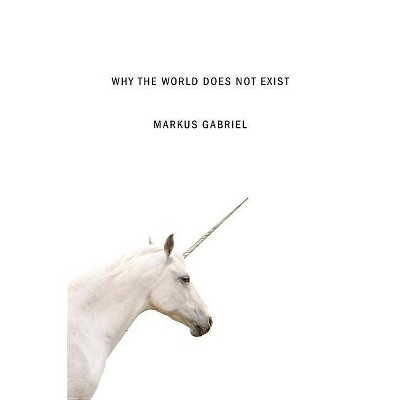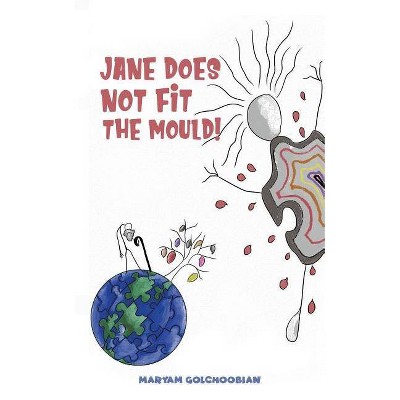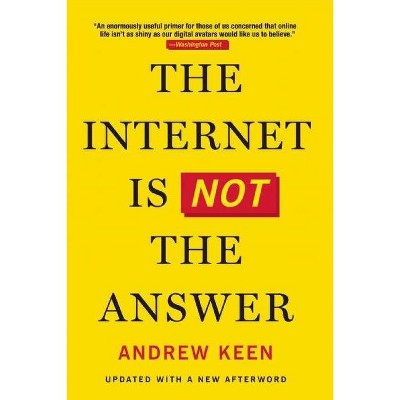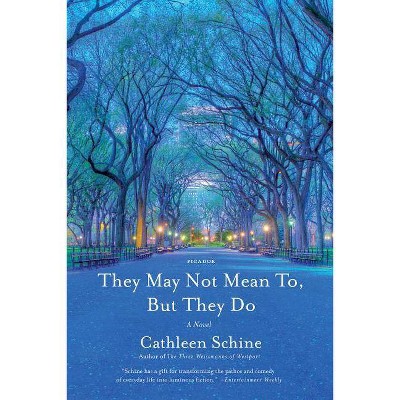The Teeth May Smile But the Heart Does Not Forget - by Andrew Rice (Paperback)
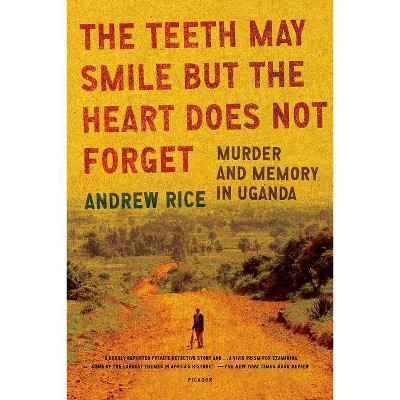
Similar Products
Products of same category from the store
AllProduct info
<p/><br></br><p><b> About the Book </b></p></br></br>"The people of Uganda have long struggled to bury the worst of their history, but after the violent reign of Idi Amin, reminders were never far from view. In 2000, lawyer Duncan Laki came across a clue to his father's 1972 disappearance, and the ensuing search ultimately led him to a shallow grave--and then to three old soldiers, including Amin's military chief of staff. Laki's discovery resulted in a trial that, in the end, offered all Ugandans the reckoning they had long been denied. A detective story, a tale of fathers and sons, and a political history, this is above all an illumination of the wounded societies of modern Africa and an exploration of how--and whether--the past can ever be laid to rest"--P. [4] of cover.<p/><br></br><p><b> Book Synopsis </b></p></br></br><p><b>From a new star of American journalism, a riveting murder mystery that reveals the forces roiling today's Africa</b> <p/>From Rwanda to Sierra Leone, African countries recovering from tyranny and war are facing an impossible dilemma: to overlook past atrocities for the sake of peace or to seek catharsis through tribunals and truth commissions. Uganda chose the path of forgetting: after Idi Amin's reign was overthrown, the new government opted for amnesty for his henchmen rather than prolonged conflict. <p/>Ugandans tried to bury their history, but reminders of the truth were never far from view. A stray clue to the 1972 disappearance of Eliphaz Laki led his son to a shallow grave--and then to three executioners, among them Amin's chief of staff. Laki's discovery resulted in a trial that gave voice to a nation's past: as lawyers argued, tribes clashed, and Laki pressed for justice, the trial offered Ugandans a promise of the reckoning they had been so long denied. <p/>For four years, Andrew Rice followed the trial, crossing Uganda to investigate Amin's legacy and the limits of reconciliation. At once a mystery, a historical accounting, and a portrait of modern Africa, <i>The Teeth May Smile But the Heart Does Not Forget</i> is above all an exploration of how -- and whether -- the past can be laid to rest. <p/>One of <i>Kirkus Reviews</i>' Best Books of 2009</p><p/><br></br><p><b> Review Quotes </b></p></br></br><br><p>"At its core, The Teeth May Smile but the Heart Does Not Forget is a keenly reported private detective story and police procedural about a son's search for justice many years after his father's betrayal and disappearance at the hands of Idi Amin's military henchmen. At the same time, Andrew Rice's book is an ably presented drama about the workings of a Ugandan courthouse. It is also an efficient primer on Uganda's tumultuous history and a political précis of a succession of regimes, culminating with that of the current president, the increasingly authoritarian Yoweri Museveni. And on the broadest level, it is a vivid prism for examining some of the largest themes in Africa's history.... A thoughtful meditation on the nature of memory, on forgiveness and reconciliation, told with a combination of attentiveness to historical background and genuine care for the lives of real people, The Teeth May Smile enriches the small world of serious Africa books for nonspecialists." --The New York Times Book Review <p/>"A provocative story of war, death, and the quest for justice in the wake of Idi Amin's ruinous reign in Uganda... Reconciliation is an increasingly important process in nations once torn by fratricide. Rice's important book serves as an urgent case study, complete with a surprising outcome." --Kirkus Reviews (starred review) <p/>"Treating the Lakis' story as a microcosm of Uganda's own, the author weaves together the family's search for truth and justice with Uganda's history. From its intimate portrait of Eliphaz's grieving family to the wide-angle perspectives of the tumultuous post-independence years as Ugandans struggled to knit together a nation from the ethnically, linguistically, and religiously diverse peoples within their colonial borders, The Teeth May Smile recasts a familiar history in an entirely new light." --Publishers Weekly <p/>"A deeply moving book, telling a whole nation's story through one man's struggle for justice." --Giles Foden, author of The Last King of Scotland <p/>"Andrew Rice has done something remarkable: he has written a passionate, sophisticated, elegant book about modern African history. Even more extraordinary, he has used Uganda to explore fundamental truths about memory and justice, and thus turned an African story into a universal one." --Peter Beinart, author of The Good Fight <p/>"Few journalists succeed in peering as deeply into a nation's soul as Andrew Rice has done with this remarkable exploration of memory, war and love in Uganda. This is more than a book about Africa, it is a book that holds up a mirror to the human soul." --Matthew Green, author of The Wizard of the Nile <p/>"Tyrant, killer, buffoon: Idi Amin was unforgettable. But his victims have largely been forgotten. Andrew Rice rescues one man's memory, gives him a face and a voice and lets him speak for a multitude of the dead. This is reporting at its best--as gripping as any murder mystery, but far more important, because every painful word is true." --Robert Guest, former Africa editor of The Economist and author of The Shackled Continent <p/>"A stunning book . . . In the idiosyncracies of Ugandan history and in the material he gathers from his sources, Rice finds -- without forcing it -- a universally appealing story about living through, and after, violence." --Jina Moore, The Christian Science Monitor <p/>"Insightful . . . Outstanding reporting . . . Rice's by-the-facts approach wields tremendous power. . . . A valuable contribution to the literature of memory and trauma." --The New York Observer <p/>"Compelling . . . much larger than a family tragedy. Through the experiences of the Lakis under the murderous dictatorship of Idi Amin, Rice takes on the age-old dilemmas of hatred, divisiveness, revenge, reconciliation, and the corruption of power ." --The Plain Dealer (Cleveland)</p><br><p/><br></br><p><b> About the Author </b></p></br></br><p><b>Andrew Rice</b> has written about Africa for <i>The New York Times Magazine</i>, <i>The New Republic</i>, and <i>The Economist</i>, among other publications. His article The Book of Wilson, published in <i>The Paris Review</i>, received a Pushcart Prize. He spent several years in Uganda as a fellow of the Institute of Current World Affairs and currently lives in Brooklyn.</p>
Price History
Price Archive shows prices from various stores, lets you see history and find the cheapest. There is no actual sale on the website. For all support, inquiry and suggestion messagescommunication@pricearchive.us

